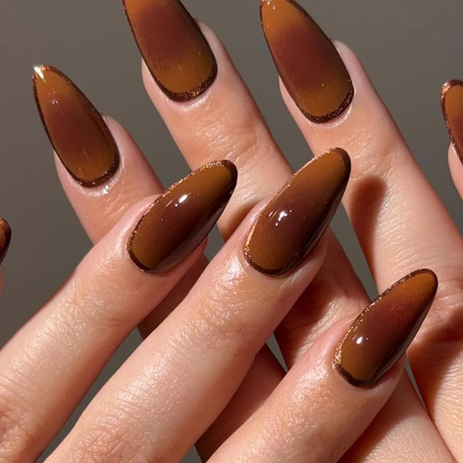Why Your Skin Deserves More Than Viral Hacks and Quick Fixes
- BY ELLE NKOSI

- Aug 25, 2025
- 3 min read

The internet has turned into skincare’s loudest marketplace. Every scroll brings a new “holy grail” product, a viral DIY hack, or an at-home device that promises instant transformation. But here’s the thing: where there’s endless advice, there’s also endless misinformation and your skin pays the price.
It’s no secret that when skin issues pop up, the first instinct is to turn to TikTok, Instagram, or a quick Google search. But here’s the catch: viral hacks and unverified advice rarely consider the nuance of your skin. DIY masks, overly aggressive products, and at-home gadgets can do more harm than good, leaving behind irritation, long-term damage, or worsening the very concerns you’re trying to fix.
At-home microneedling is a prime example. The promise of professional-style results without the price tag is tempting, but the reality is far riskier. Home devices can’t be properly sterilised, which means every roll carries the potential for infection. Add in dull or bent needles, uneven pressure, or overuse, and you’re looking at possible scarring, pigmentation changes, and long-term trauma to the skin barrier—particularly for deeper skin tones.
“Your skin therapist is more than just a professional, they’re a guide,” explains Dr. Bradley Wagemaker, Medical Director at Lamelle Research Laboratories. “They translate science into safe, effective treatments, helping people make decisions that protect and enhance their skin health.”
Why Skin Therapists Matter More Than Ever
Think of your therapist as a guide through every stage of your skin’s story. Hormonal shifts, environmental stressors, and the natural ageing process each leave their mark. Unlike the sales floor, where products are pushed with little regard for your reality, therapists tailor every treatment to you—your history, your skin type, your lifestyle.
And it’s not just clinical. A therapist creates a space where your skin is seen, understood, and cared for. That mix of emotional support and expertise is what keeps skin health rooted in science, not guesswork.
Here’s how a therapist can guide you in the right direction:
Educating with evidence: Skin therapists can clarify myths versus facts, and emphasising the importance of active ingredients supported by research
Personalised treatment plans: By understanding your skin type, history, and concerns, skin therapists tailor treatments that are safe and effective, discouraging the use of trending but potentially harmful products
Ongoing monitoring: Regular follow-ups allow therapists to adjust skincare routines based on progress and reactions, in return minimising risks
Ingredient selection: Therapists educate on how active ingredients work, their benefits, and potential side effects, that enables you to make informed choices
Science Over Trends
Trendy serums might catch your eye, but true skin transformation lies in evidence-backed ingredients. The real foundation of healthy, transformative skincare lies in active ingredients that have been studied, tested, and proven to work. Active ingredients like retinoids, growth factors, hyaluronic acid, vitamin C, niacinamide, and alpha hydroxy acids (AHAs) remain the backbone of modern skincare. What really matters isn’t just which ingredient you choose, but how it’s formulated, how concentrated it is, and whether it’s right for your skin.
Choosing the right ingredient for the right indication, like salicylic acid for acne-prone skin or vitamin C for stubborn hyperpigmentation this ensures each product targets its specific concern accurately
Choose formulas that suit your skin type, for dry or sensitive skin, opt for vitamin C serums that don’t require an acclimatisation period to avoid irritation.
Be mindful of ingredient pairings, some actives, like acids and retinoids, can cause inflammation if layered incorrectly. Professional guidance helps prevent harmful combinations.
Match ingredients to your concerns: Use salicylic acid for acne-prone skin, and vitamin C for hyperpigmentation, ensuring each product targets its specific issue effectively.
Prioritise purpose over trends, every active in your routine should have a clear, evidence-based role rather than being chosen because it’s popular or viral. For instance, use salicylic acid for acne-prone skin and vitamin C for stubborn hyperpigmentation, ensuring each product addresses its specific concern effectively.
The bottom line? Online advice can spark curiosity, but it rarely comes with the nuance your skin deserves. Prioritising science, working with trained professionals, and focusing on ingredients with proven benefits, means building a routine that’s not only effective today but protects your skin for years to come.
What To Buy






























































